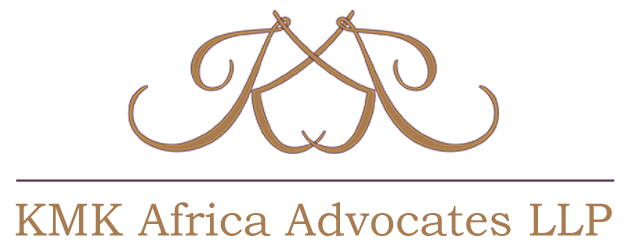The Tax Laws (Amendment) Act of 2024 introduces significant changes to tax-related laws in Kenya. The amendments impact income tax, value-added tax (VAT), excise duty, and other levies.
Below is a summary of the key changes:
- Definition Changes:
- Expansion of "royalty" definition to include payments for any software, proprietary or off-the-shelf, whether in the form of licence, development, training, maintenance or support fees.
- Employment Income:
- Increase tax-free benefit, advantage, or facilities of whatever nature from an aggregate of KSh. 36,000 to KSh. 60,000 annually, and meal allowances from Ksh. 48,000 to Ksh. 60,000
- Public officers receiving reimbursement for an expenditure incurred for the purpose of performing official duties qualifies as “gains or profits" and will be taxable.
- Increases the tax-exempt limit on gratuity payments directed into registered pension schemes from KSh. 240,000 to KSh. 360,000 per year of service.
- Digital Economy Taxation:
- The introduction of a "significant economic presence tax" on non-resident persons earning income from digital services in Kenya includes making or facilitating payment concerning digital content monetization property or services. The taxable profit is computed at 10% of the gross turnover, and the tax is charged at the rate of 30% of the deemed profit. The due date is on or before the 20th of the month following the month the service was provided.
- Minimum Top-Up Tax:
- The amendment further introduces a further tax known as the minimum top-up tax. It is a tax charged upon a resident person, or a person with a permanent establishment in Kenya who is a member of a multinational group and which group has a consolidated annual turnover of €750 million or more.
- The combined effective tax rate = (Sum of all adjusted covered taxes / Sum of all net income or loss) * 100.
- The tax payable (minimum top-up tax) = 15% of net income or loss less combined effective tax rate * excess profit.
- Affordable Housing Relief:
- The amendment repealed the Affordable Housing Relief afforded to an individual eligible to apply under an affordable housing scheme or who has applied and is waiting for allocation of a house under the affordable housing scheme or is saving for purchase under an affordable housing scheme.
- Time of Supply for Exports: Defined as when a customs export certificate is issued.
- Refunds and Adjustments:
- The new provision allows claims for VAT credits that existed before a supply was zero-rated or exempt. Any excess credit arising from zero-rated or exempted taxable supplies resulting from a permanent credit position due to rate changes will be refunded to the registered person by the Commissioner. This applies if the excess arose from the difference between the tax rate on 1st July 2022 and a lower rate, and the credit position existed when the supply became zero-rated or exempted.
- VAT Exemptions and Rate Adjustments:
- Inputs for manufacturing diapers, sanitary towels, pest control products, fertilizers, and textile raw materials are exempted.
- All goods, including material supplies, equipment, machinery, and vehicles, for official use by the Kenya Defence Forces, the Defence Forces Welfare Services, the Intelligence Service, and the National Police Service are rax exempt.
- Alcoholic or non-alcoholic beverages supplied to the Defence Forces Welfare Services are tax exempt.
- Transfer of a business as a going concern is tax exempt.
- Increased Excise Duty on:
- Imported sugar (From KSh. 5 to KSh. 7.50 per kg).
- Cigarettes (From KSh. 4,067.03 to KSh. 4,100 per mille).
- Digital lending fees (excluding interest and insurance fees).
- Variation in Excise Duty on Alcohol:
- Spirits, beer, and wines are now taxed based on alcohol content per centilitre instead of fixed rates.
- New Exemptions:
- Locally assembled electric vehicles are exempt from excise duty.
4. Miscellaneous Fees and Levies Act Amendments
- Import Duty Adjustments:
- Import duty on raw materials for fertilizer and textiles was reduced.
- Higher levies are now imposed on imports of ceramic tiles, float glass, and printing ink.
- Export Levy Introduced:
- 10% export levy on sack kraft paper.
Implications for Businesses and Individuals
The amendments have a broad impact on businesses and individuals, particularly in the digital economy, manufacturing, and multinational sectors. Businesses must review compliance obligations, particularly concerning the new significant economic presence tax and VAT adjustments. Employers should also update payroll structures to reflect changes in tax-free allowances.
Disclaimer: This alert is for informational purposes only and does not constitute legal advice. For further guidance, consult your tax advisor or contact us for more detailed legal advice.





